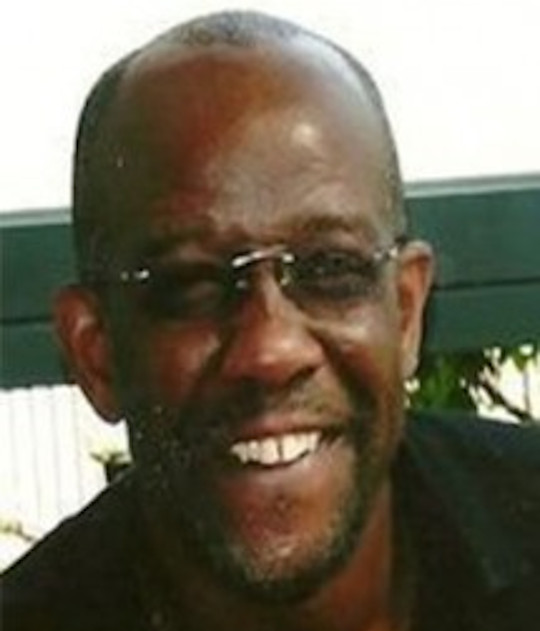Hidden History – Liberation Struggles –
March 23, 2022
A Terrible Missed Opportunity
April 20, 2022
by Satish Sekar © Satish Sekar (March 7th 2015)
Consolidation
The defeat of the Kabaka (ruler of the Kingdom of Buganda) Mutesa II neutralised both him and also his party Kabaka Yekka. Defections from it to the Uganda Peopleʼs Congress ended Mutesaʼs influence and the relevance of his party at least for the time being. The Democratic Party also suffered defections. Uganda was on its way to becoming a one-party state, but Ugandan Prime Minister Milton Obote was still a long way from ultimate power, as divisions in the Uganda Peopleʼs Congress reappeared.
Obote still had some way to go to see off all the threats. His political astuteness had outmanoeuvred Mutesa II in 1966. The Democratic Party was no longer a threat to win elections, but dissenters in the ruling Uganda Peopleʼs Congress were the new threat, or rather they were an old threat emboldened to take on Obote. They were gifted an opportunity in early 1966 through the carelessness of Oboteʼs military protégé, a then Colonel Idi Amin Dada.
An African Tyrant
The outstanding leader of the Congoʼs liberation struggle from Belgium Patrice Lumumba had been murdered on January 17th 1961 after being delivered to Katangan secessionists by his former protégé turned aspiring tyant through control of the military, Joseph Désiré Mobutu. Shorn of its gifted leader the Congo-Léopoldville, as it then was, soon descended into chaos, which was exploited by Mobutu to seize power through a coup dʼétat.
Mobutuʼs coup had the tacit support of the Western powers due to Cold War politics. That decision left the Congolese people suffering the tender mercies of the despot for three decades. Armed opposition included Pierre Mulele, Nicholas Olenga and future President of the Democratic Republic of Congo, Laurent-Désiré Kabila.
Opposition to Mobutu was organised in Africa, if that is the right word, as it was incredibly disorganised. Che Guevara despaired of the lack of organisation by Kabila. Nevertheless, African leaders, including Obote quickly saw the danger Mobutu posed and conspired with Congolese opposition to oust him forcibly. Aminʼs carelessness gave Oboteʼs opponents in the Uganda Peopleʼs Congress their chance.
No Confidence
Congo was rich in resources. It was soon plundered by both sides. Mobutuʼs corrupt and brutal kleptocracy all but ruined the country. Kabila, like other armed opponents, trafficked ivory and gold – they had little choice to fund their struggle. Obote chose to support Olenga, but it soon backfired.
Amin deposited a gold bar stamped by the Congolese government into his personal account in 1966. It was brazen. The account was credited with $17,000. Oboteʼs opponents had their opportunity.
They discovered that Obote had used the Ugandan army, especially Colonel Amin to interfere in the crisis in the Congo. Amin claimed that the money had been used to purchase weapons from the Chinese for General Olenga, but Olenga said that he never received them. That enabled Oboteʼs opponents to accuse Amin and Obote, among others, of corruption, aided and abetted by Olengaʼs claims. Amin said the weapons had been bought, but were intercepted in Kenya.
Oboteʼs Coups
Oboteʼs opponents in the Uganda Peopleʼs Congress took advantage while he was away from Kampala. The vote of no confidence was near unanimous, but Obote outmanoeuvred the partyʼs General Secretary Grace Iginbira and her allies by staging a coup against his own government, arrested his party opponents and imposed a new constitution without debate or a vote. He concentrated powers in the Prime Ministerʼs Office and took away the autonomy of the regional kingdoms.
Faced with dissent in Buganda from the Kabaka, Obote sent in troops under Aminʼs command to subdue the opposition, which Amin did once Obote lost patience and demanded results. Mutesa II escaped and fled into exile. The Constitution, dividing Buganda into four districts, imposed martial law. Obote had outmanoeuvred his opponents again – now he had to deliver without opponents to out-muscle or blame if things went wrong.


